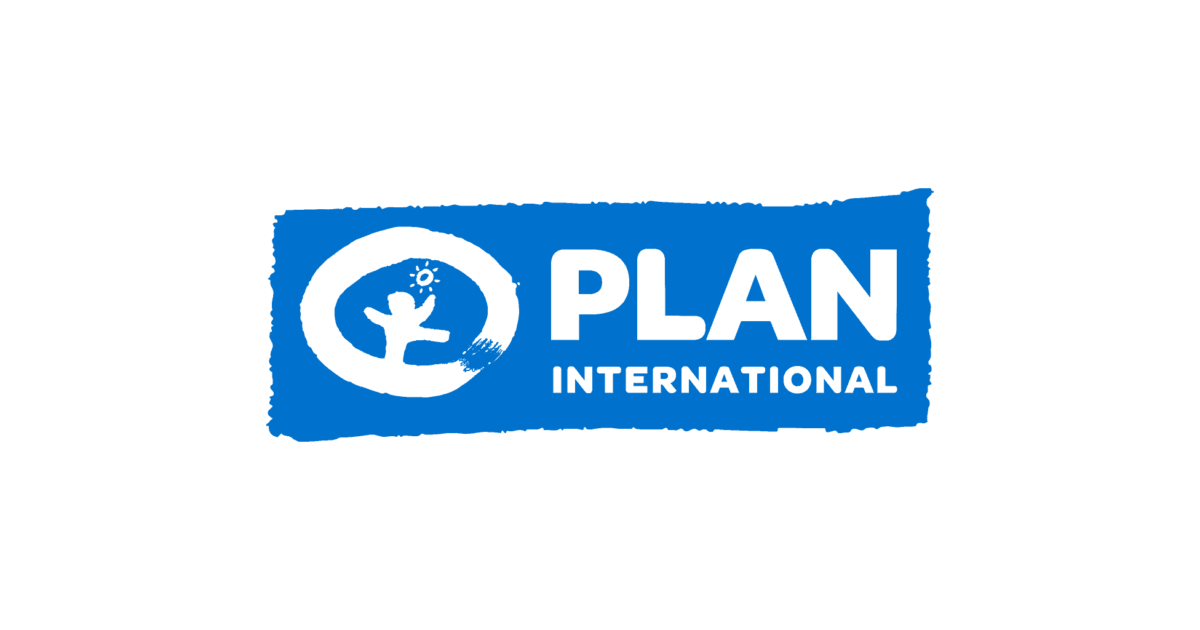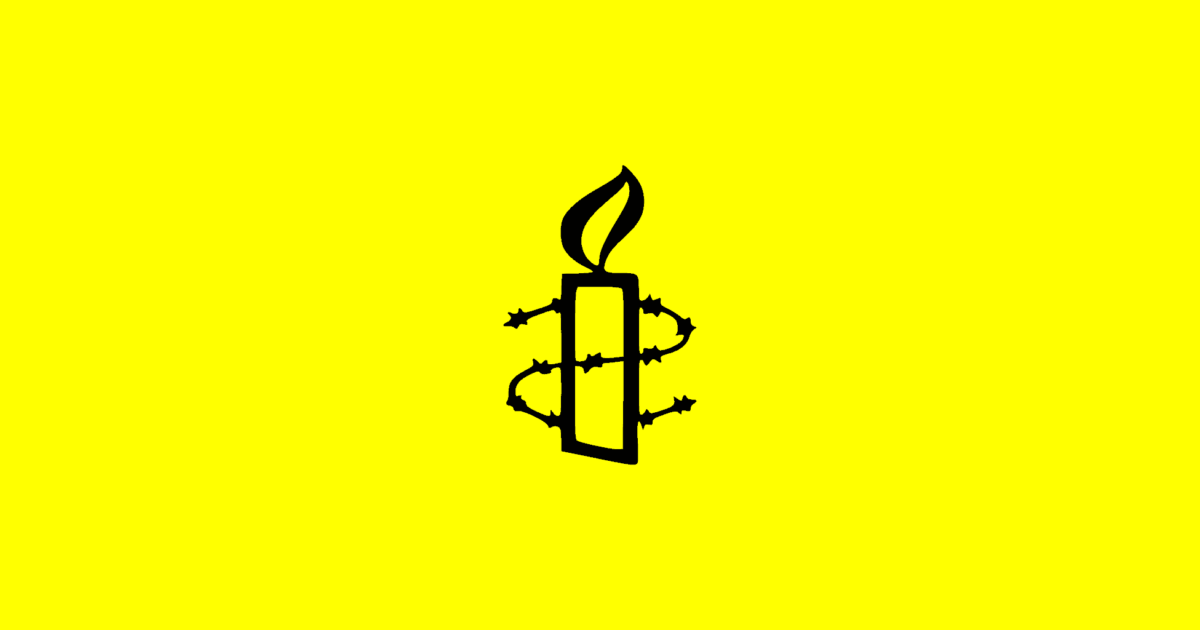Sierra Leone
Sierra Leone
Women in Sierra Leone were instrumental to the efforts of the international community to counter the Ebola crisis, and remain a key part of rebuilding the country after the civil war (1991-2002). However, women live under a patriarchal society, remaining largely excluded from politics, land ownership, and legal autonomy, and facing high levels of discrimination and sexual violence including marital rape, early marriage, and female genital mutilation/cutting (FGM/C).
Many of the obstacles faced by women increased in the wake of the 2014-2015 Ebola crisis, with sexual violence alone increasing by an estimated 40% (Humanist Watch Salone). Women’s groups have been advocating at the local and regional level to raise awareness of and address the particular negative consequences the crisis had on women and girls.
Based on the work of NGOWG members and their partners, the NGOWG advocates for the Security Council to monitor and evaluate the situation in Sierra Leone in the recent absence of a UN mission, the last of which was the 2008-2014 UN Integrated Peacebuilding Office in Sierra Leone (UNIPSIL). UNIPSIL’s mandate recognized the role of women in conflict prevention and resolution and included a gender perspective in the mandate’s implementation, and the Security Council should continue to advocate that such perspectives be implemented in domestic policies.
Current and Past Recommendations to the UN Security Council (Monthly Action Points)
The Council is expected to discuss the most recent report on the UN mission in Sierra Leone (UNIPSIL). Given recent political unrest and tensions surrounding the upcoming elections later in 2012, the Council should enquire into plans to ensure women’s participation and safety in these elections. Suggestions in this regard have included the establishment of a “Women’s Commission” to promote advancement of women in Sierra Leone by developing innovations intended to eliminate political and economic inequality and violence against women and girls. The Council could also request information on suggestions for the Parliament to review the 1991 Constitution, and consider implementing the proposed minimum 30% quota for women in governance and leadership. With the transition of the mission to a UN Country Team, the Council should request information on plans to train women for employment in emerging financial areas, and increasing their access to financial capital.
Relevant Resources









